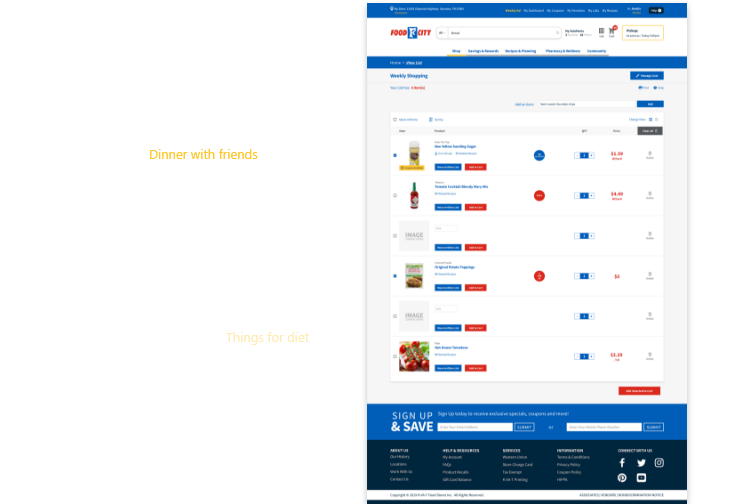
Wellness Club — Men's Health
Abingdon, VA. -
Sunday, Jun 1, 2025.
Written by: Nicole Pazdziorko, RDN, LDN
June celebrates Father’s Day and also recognizes Men’s Health Month, making it the perfect time to highlight the importance of wellness for men. Nutrition is a key pillar in supporting energy levels, managing chronic disease risk and improving overall health. With chronic conditions like heart disease, diabetes, and colon cancer disproportionately affecting men, a focused approach to diet can make all the difference. Here are some tips to optimize nutrition during Men’s Health Month and beyond.
Focus on Fiber
Diets high in fiber from plant foods are consistently linked to increased longevity and reduced risk of several chronic diseases. Fiber supports digestion, regulates blood sugar, and can help lower cholesterol. Men should aim for 30–38 grams daily, yet most only consume about half of the recommended amount. Some fiber powerhouses to add to your meal plan include whole grains like quinoa and oats, all types of fruits and vegetables, and legumes like beans and lentils.
Try adding these fiber-rich picks to your shopping basket:
• Full Circle Market Broccoli and Cauliflower
Swap Saturated Fats for Heart-Healthy Fats
Heart disease is the leading cause of death for men, making it a critical point of attention when it comes to their nutrition. Swap saturated fats from processed meats, butter and cream, fatty cuts of meat and fried foods for unsaturated fats found in avocados, nuts, seeds, olive oil, and fatty fish-like salmon, trout, herring and mackerel. Omega-3 fatty acids, abundant in fish and seafood, reduce inflammation and lower heart disease risk. Aim for two servings of fatty fish per week.
Try adding these heart healthy fats to your basket:
Prioritize Protein for Muscle and Recovery
Protein is essential for maintaining muscle mass, especially as men age. Varying protein choices means including a wide range of vitamins and minerals. Aim to include a source of protein at every meal and snack. Lean sources like chicken, turkey, fish, eggs, and plant-based options like lentils and tofu support muscle repair and satiety.
Try adding these lean protein picks to your shopping basket:
Focus on Key Micronutrients
Key vitamins and minerals support men’s health:
• Zinc (shellfish, beef, seeds) boosts testosterone and immunity.
• Potassium (potatoes, bananas, oranges, leafy greens, beans and lentils) regulates blood pressure, supports heart and muscle function
• Magnesium (spinach, almonds, whole grains) aids muscle function and sleep.
• Vitamin D (egg yolks, fish canned in its bones, fortified dairy, supplements) supports mood and bone health.
Nutrition is just one pillar of men’s health. A balanced diet should be accompanied by regular exercise, adequate sleep, stress management, and routine check-ups. Men are less likely to seek preventive care, so use Men’s Health Month to schedule a physical or screening, especially for blood pressure, cholesterol, and prostate health. By focusing on nutrient-dense foods, men can improve health, longevity and reduce disease risk.












